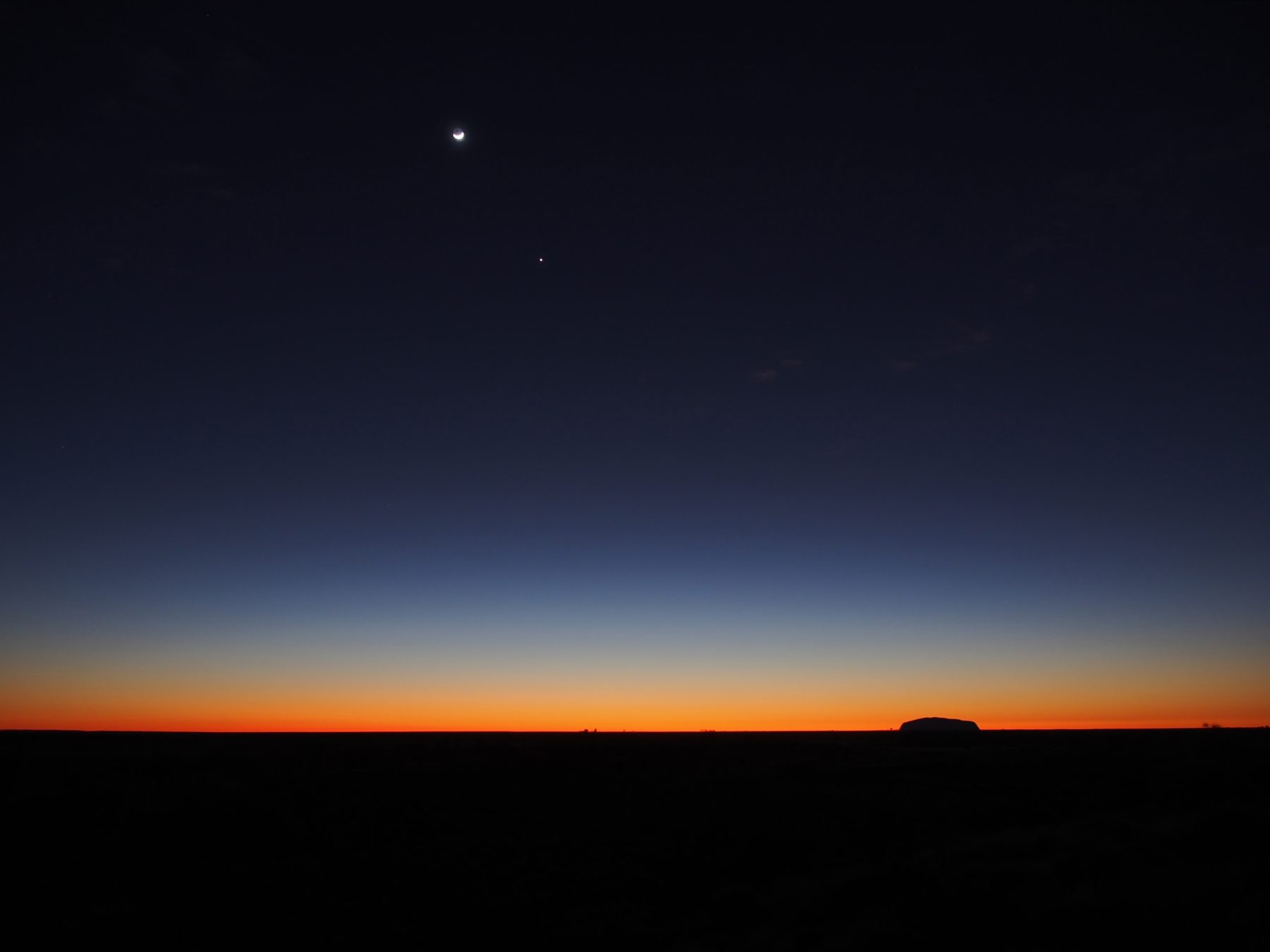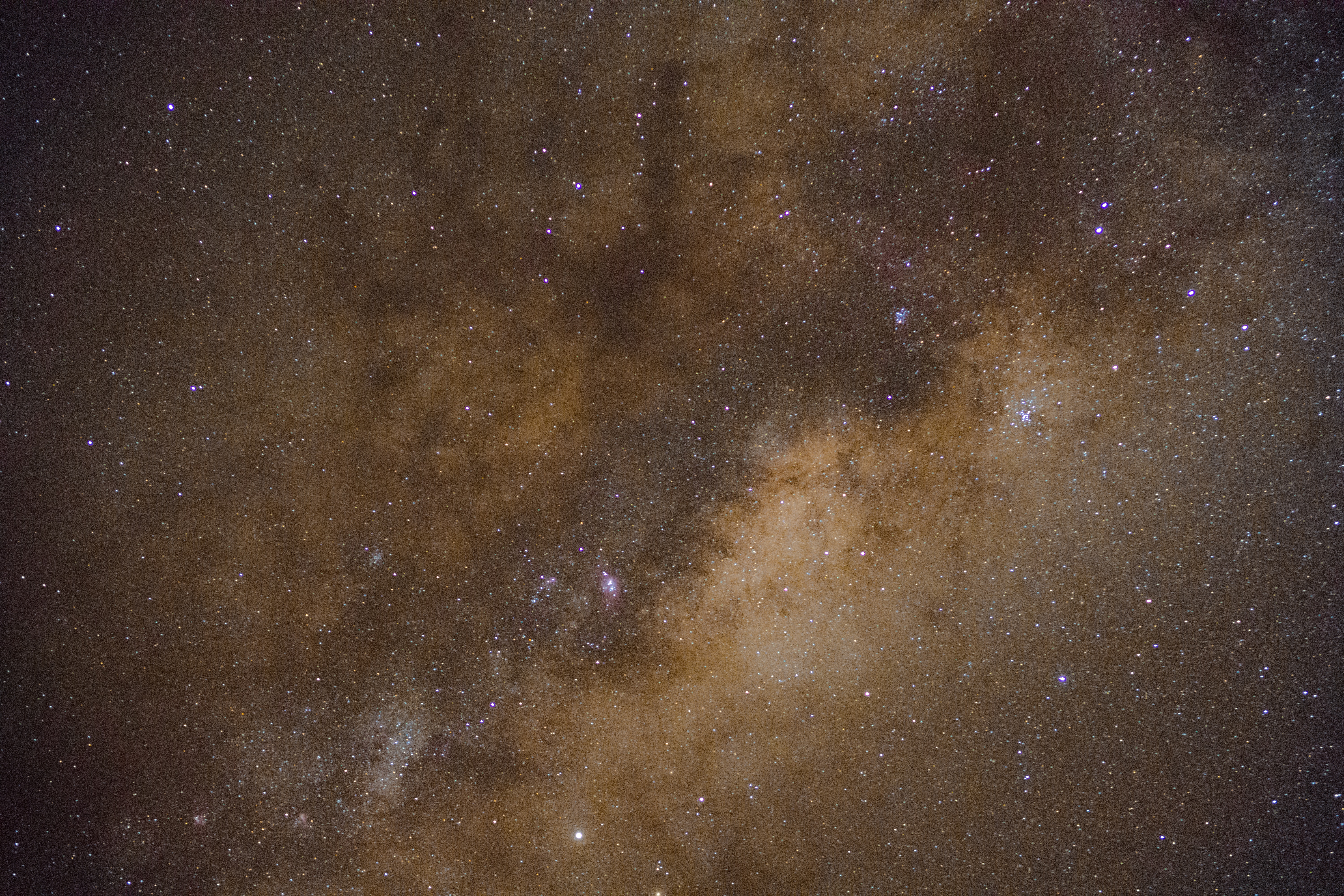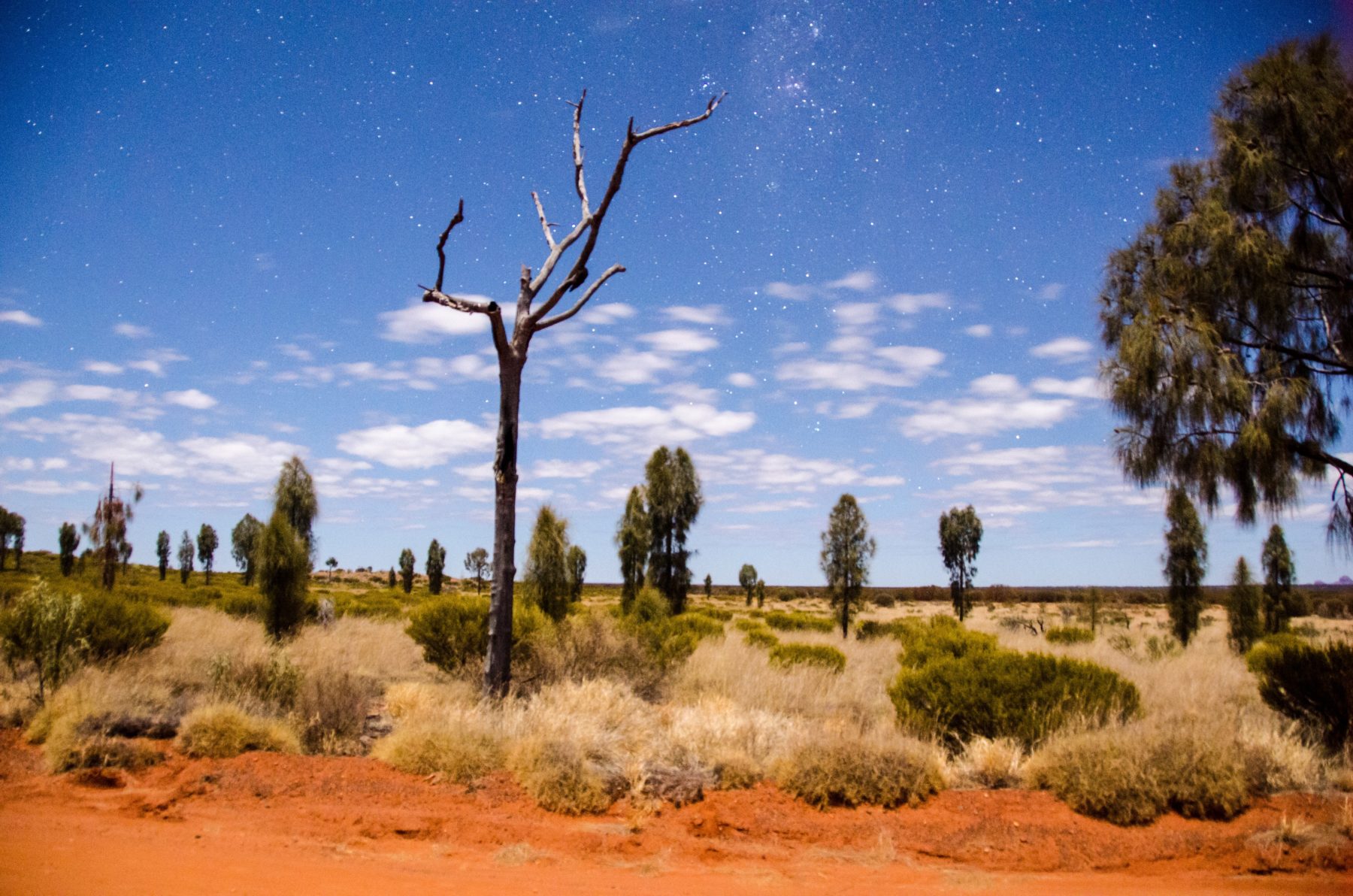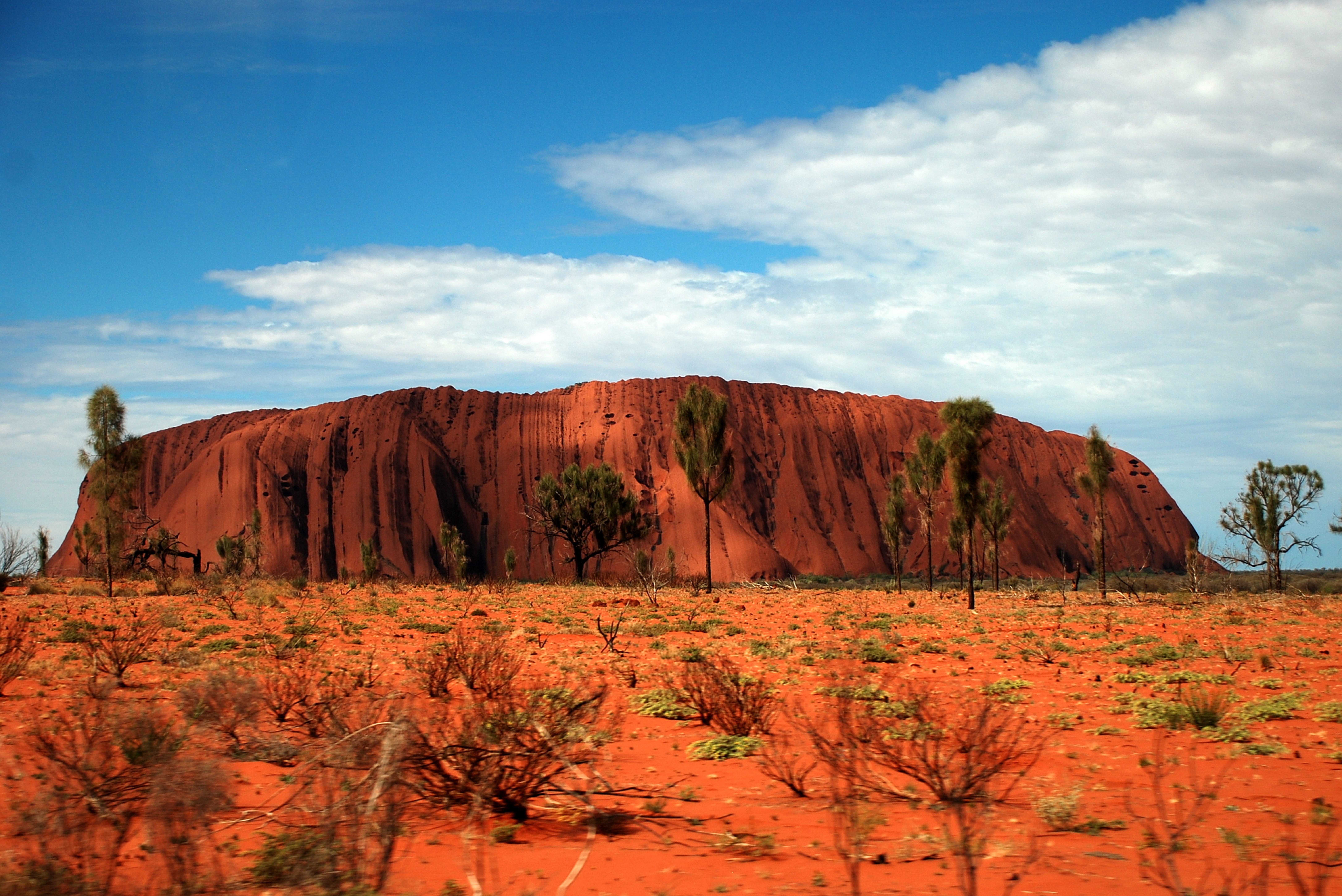Aboriginal and Torres Strait Islander Peoples share deep, ancestral relationship to the land. This is fundamental to understanding the importance of land rights for those with Country.
At the base of Uluru, this sign sits among many others, reading, “Please don’t climb…We the Anangu traditional owners, have this to say: Uluru is sacred in our culture.
“It is a place of great knowledge. Under our traditional law climbing is not permitted.”
The Uluru-Kata Tjuta National Park Board of Management’s unanimous vote to close Uluru to climbers, on October 26th, 2019, has been met with both welcoming arms and resistant attitudes.

Some have taken to Facebook to post images with the phrase, “I climbed”, while others remain firm that this decision will have devastating effects on local tourism.
In trying to justify these views, some have even quoted Paddy Uluru’s interview with Erwin Chlanda in which he says, “if tourists are stupid enough to climb the Rock, they’re welcome to it.”
Professor Yin Paradies, Coordinator for Indigenous Knowledges and Culture in Deakin University’s Faculty of Arts and Education, asks us to interrogate and think more carefully about these narratives and their colonial implications.
Cultural significance and its relationship to land rights
Often people are uncertain of the significance of Indigenous spaces, which creates a gap in understanding and perhaps acceptance of cultural practices and beliefs.
As Professor Paradies explains, “every part of the land and sea can have cultural significance to Aboriginal and Torres Strait Islander Peoples, and Uluru is no exception.”
“There are numerous sacred sites and songlines on and around Uluru. These are formed by ancestral beings in an ongoing process of (re-)creation known by some as the Dreaming.”
He acknowledges the trepidation some feel when approaching these histories, he says, “this is difficult for some people to understand because they do not recognise that we all exist within a living regenerating cosmos.”

The process of understanding then becomes about reflecting on the histories of Aboriginal and Torres Strait Islander Peoples. It requires a desire to relearn and move away from nationalist, colonial-serving narratives that might be a bit uncomfortable – which isn’t a bad thing.
It then opens up a space to define and understand land rights, which Professor Paradies suggests, “are fundamentally about recognising and respecting Aboriginal and Torres Strait Islander Peoples relationships with Country (i.e. land and sea).”
“They are important because of the deep connections that many Aboriginal and Torres Strait Islander Peoples have with Country and the importance of this in terms of health, wellbeing and cultural flourishing.”
Thinking differently
Discussions generated from the call to stop climbing have become important in breaking down ideas of ownership and the claiming of land.
Thus, exposing the importance of caring for, rather than possessing and manipulating the complex ecosystems that exist in Australia.

Professor Paradies dissects this even further, saying, “Ownership comes with a sense of entitlement that people can do whatever they want with the object that they own.
“This approach can lead to carelessness rather than caretaking.”
“Being a custodian of land means that you are only holding it for future generations and there is a stronger sense of obligation to the health and wellbeing of the land.”
“Thinking of yourself as owning land also makes it hard to treat Country as kin, as another living being that you care for.
“Take, for example, children. People don’t generally think of themselves as owning children, but they are guardians that care for them.”
These reflections on how we approach ideas of care and possession are integral to discussions about land rights, especially because Aboriginal perspectives of Country are being acknowledged.
Even after the upcoming closure, Professor Paradies anticipates that these conversations will continue.

“I certainly hope that the closure of Uluru to climbers will prompt more thinking, feeling and acting in relation to the bizarre notion that anyone can own land and will result in further discussion about how to better care for Country as custodians and caretakers of life on this planet.”
Supporting Indigenous voices
The question now becomes, how do we prevent the momentum that Uluru has created from coming to a halt?
While these debates are varied and difficult to navigate, the Indigenous voices they produce are crucial.
Professor Paradies encourages this, saying, “one way to continue a journey of learning is to listen to Indigenous voices”
“One key example being the Uluru Statement from the Heart, other important voices can also be experienced through books such as Dark Emu by Bruce Pascoe and Sand Talk by Deakin University senior lecturer Tyson Yunkaporta.”
We need to acknowledge Aboriginal and Torres Strait Islander People’s place at the centre of the discussion and work to empower them.

To do this effectively, Professor Paradies offers that we need to “focus on our responsibilities to each other, to respect the culture and to be receptive to the powerful learnings that are possible in a place like Uluru.”
“It is not a monument to be ‘conquered’ or just another place to take a selfie.
“It is the heart of this continent, with the potential to empower any who visit it with new truths.”
disruptr acknowledges the Traditional Owners of the land on which we work, the Wurundjeri, Boonwurrung, Wathaurong, Taungurong and Dja Dja Wurrung people of the Kulin Nation and we pay our respects to their Elders past and present.



